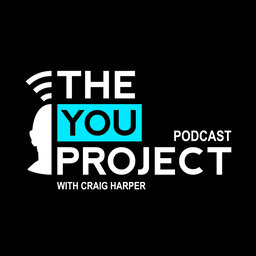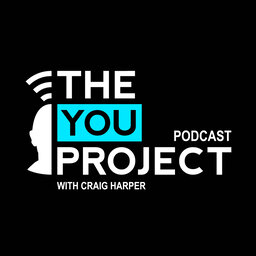#1844 Stoicism: Ancient Wisdom for Modern Chaos - Harps
Hi Team, this episode I dive into something I think everyone should at least learn about (if not, practice): Stoicism. Not because it's trendy, or philosophical, or looks good on Insta but because it's practical, effective and bloody useful, even in 2025. Especially when life gets messy, unpredictable, or just plain difficult. I talk about what Stoicism actually is and isn't, where it came from, why it still matters today, and how you can use it in real life - not just as a theory, but as a legit toolkit for handling pressure, uncertainty, disappointment, and all the day-to-day chaos we face. This isn't about becoming emotionless or detached - it's about becoming more calm, intentional, and resilient. If you've ever struggled with overthinking, emotional reactivity, or the feeling that life's a bit out of your control, this one's for you. Enjoy.
In 1 playlist(s)
The You Project
The You Project is a 30-90 minute dose of inspiration and education hosted by Craig Harper with grea…Social links
Follow podcast
Recent clips

#2087 The Bacon Paradox - David Gillespie
40:23

#2086 Q & A With Dr. Jeff Gross
55:29

#2085 You And Your Brain - Moheb Costandi
49:50
 The You Project
The You Project